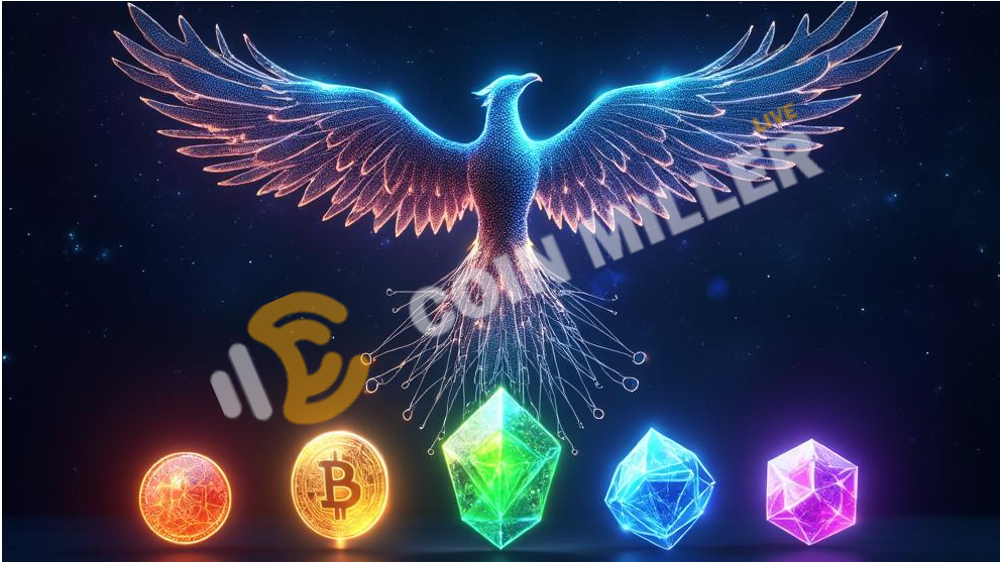Binance Expands Blockchain Participation
Binance has officially become a validator on the Sei Network, marking another step in the exchange’s growing involvement with blockchain infrastructure. This move means Binance will now participate directly in the SEI blockchain’s block production and network security maintenance. Validators on public blockchains like Sei are responsible for recording transactions, generating blocks, and verifying the legitimacy of network activity.
It’s interesting to see such a major exchange taking on this role. Binance handles around $180 billion in assets for more than 200 million users worldwide, so their participation brings significant weight to the network. They’re now helping secure what Sei claims is the fastest Layer 1 blockchain, though I suppose that depends on how you measure these things.
What This Means for Sei Network
Sei Network positions itself as a global financial infrastructure, supporting over 70 million wallets and processing about 4.5 million daily transactions. Their peak total value locked reached over $680 million as of July 2025, which shows decent traction in the market.
The announcement suggests this validator participation demonstrates growing confidence from major businesses in Sei’s role as a payment layer for corporate finance. I’m not entirely convinced one validator addition proves that much, but it certainly doesn’t hurt their credibility.
Market Reaction and Future Implications
Following the news, SEI’s price saw a modest 3% increase. That’s not exactly earth-shattering movement, but it shows some positive market sentiment. Experts seem to think Binance’s involvement could help drive SEI adoption and support the token’s long-term development.
I wonder though—does having a major exchange as a validator create any potential conflicts of interest? It’s something to think about, though I’m sure both parties have considered this carefully.
The Sei team emphasizes their network is “built for global finance” and “secured by global enterprises.” With Binance now officially part of their validator set, they’ve certainly added a significant enterprise name to that list. It’ll be interesting to see if other major exchanges follow similar paths with different blockchain networks.
This development reflects the continuing evolution of how major crypto businesses are integrating with the underlying blockchain infrastructure they rely on. Rather than just operating on top of these networks, they’re becoming active participants in securing and maintaining them.







